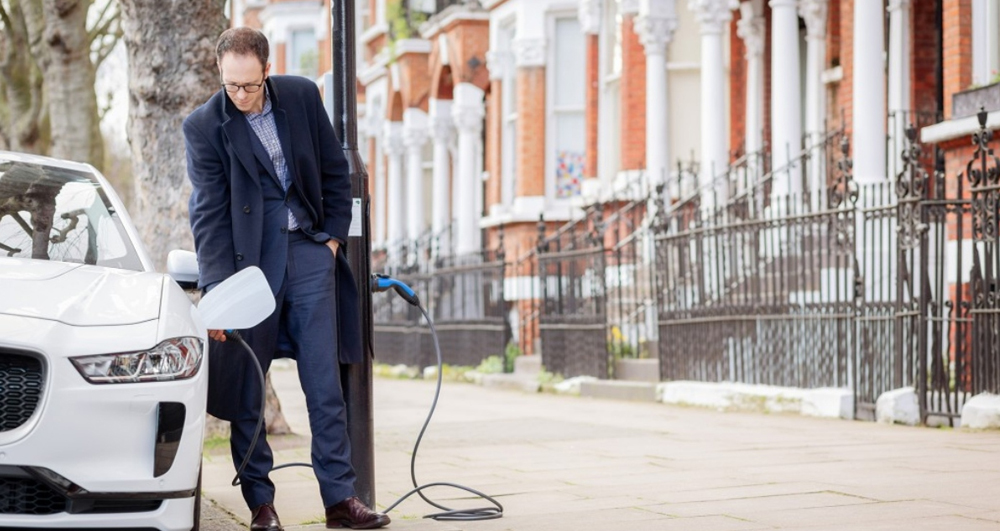A recent report from the Department of Transport (DfT) has highlighted a growing discrepancy between the respective EV charger rollout schemes backed by the government.
Statistics show that there are now 250,000 home-based EV charge points delivered by the Electric Vehicle Homecharge Scheme (EVHS). However, the On-Street Residential Charge Point Scheme (ORCS) has seen just 2,038 charge points installed for local authorities under the scheme.
The figures reveal a growing trend of local authorities not taking up the offer of subsidised EV charging stations for residents. So what’s causing these issues, and why do they matter for the future of electric motoring?
On-Street Residential Charge Point Scheme Severely Underperforming
Statistics revealed by the Dft in early 2022 are pretty damning regarding the OCRS rollout. Of the three subsidy schemes currently being operated by the government:
- Electric Vehicle Homecharge Scheme (EVHS) – has delivered 277,030 domestic charging devices since 2013, with 88,624 device installations funded since January 1, 2021, an increase of almost 60%.
- Workplace Charging Scheme (WCS) – has funded the installation of 22,977 sockets in workplace car parks since the scheme started in 2016. It has funded 9,648 sockets installations since January 1, 2021, an increase of 72%.
- On-Street Residential Charge Point Scheme (ORCS) – has funded just 2,038 public charging devices for local authorities in the UK.
So why are the installation numbers so low for this specific scheme, and why does it matter?
Why the Lack of On-Street Charging is a Problem
While the growth of home-based charging is promising, the problem is as many as 40% of UK households do not have dedicated off-street parking. In other words, without a significant increase in the number of publicly-available on-street charging options in residential areas, the switch over to electric and hybrid vehicles is going to be almost impossible.
The lack of these charging points is a symptom of local authority attitudes to building EV charging infrastructure. The AA recently found that only one in six councils installed any on-street charging last year, and over half of councils have admitted they have no plans to install any in 2022.
This is despite the fact that 60% of councils received complaints regarding the availability, reliability or number of EV charging points over the last year. Figures have also revealed that councils in the South often spend double the national average on EV infrastructure, leaving Northern constituents frustrated at the lack of charging options.
With record sales of electric vehicles last year, local authorities (particularly in the North) will need to react quickly or face more anger from residents trying to lead a greener life.
Speak to Applegarth Regarding Upgrading Your On-Street Charging Infrastructure
As one of the only OLEV-approved EV charge point installation companies in the North, we can install charge points under the ORCS (On-Street Residential Chargepoint Scheme) and other similar publicly-funded schemes. We have recently installed numerous EV Chargers for local authorities and councils on residential streets right across the North West, and we can help your local council with your EV charging requirements.
With funding to be further bolstered for public EV charging over the coming months, Applegarth is here to handle your installation projects from start to finish, allowing you to focus on other crucial local authority infrastructure projects.
To learn more about our installation services and other public sector renewable energy solutions, feel free to give our friendly team a call on 0151 649 8350 or send your enquiry to info@applegarth.co.uk.







